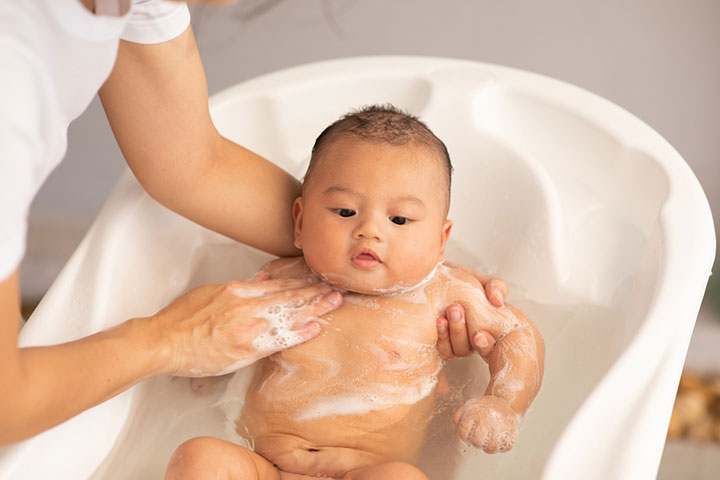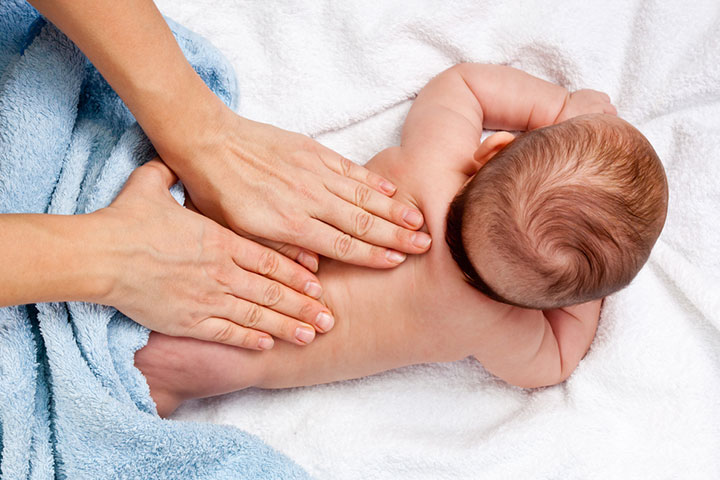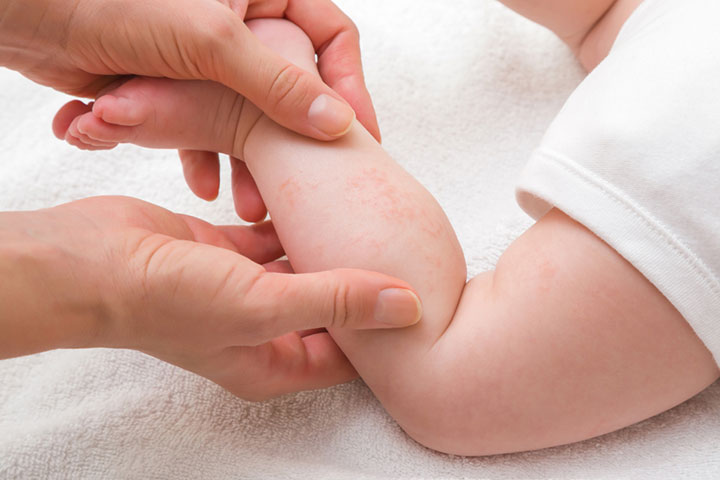
A newborn’s initial months are always challenging. Although the burden persists when babies become entirely dependent on their parents, trying something new for the first time will always be stressful. And when it comes to becoming a parent for the first time, you come across thousands of tips from all around, which can make you even more overwhelmed. However, you can quickly become an expert at newborn baby care with some good baby care strategies. Here are the best baby-care tips to help you provide your little one with all the care they need.
1. Hold Your Baby In The Correct Position
Since the neck muscles of your newborn baby are still developing, you need to touch, handle, or otherwise hold them carefully. For example, when picking up your little one, place their head on your shoulders and put a gentle hand behind their neck. The newborn’s head can also rest in one of the grooves created by your elbow as you support its bottom with the other hand.
2. The Art Of Changing Diapers
Babies frequently require new diapers. However, there are healthcare concerns if you keep your kid in dirty or damp diapers longer. Yes, infections, diaper rash, or itchy skin can result from germs in pee or poo(1). However, you can protect your little one from diaper rashes by using high-quality baby care items, including soft tissues, breathable diapers, baby lotion, and dermatitis powder.
3. Bathing Them Appropriately
Bathing your baby every day is not part of the infant baby care regimen. You can gently wipe their forehead, chest, and bottom in the first several weeks. After that, you can generally give them a sponge bath as well. After their umbilical cord has fallen and the navel skin has recovered, you can switch from sponge to regular baths.
4. Understand Their Body Language
Your baby can only communicate by crying. If they cry more frequently than usual, pay attention to them and try to understand their pain. For example, your newborn might sob due to hunger, sleepiness, blocked nose, uncomfortable temperature, or attention seeking.
5. Massage Them Regularly
Massaging a baby has many advantages: it promotes relaxation, reduces irritability, enhances sleep quality, and strengthens your relationship with them(2). A 15–20 minute oil massage will be enough after a nap, shower, or bath. Keep in mind to massage your newborns with mild, soft strokes.
6. Making Them Sleep
Some newborns may sleep continuously for hours, while others require brief rest periods. However, you may create a successful nighttime routine for your infant as early as 7 to 8 weeks. You must attempt the following advice to get improved, and longer sleep at night:
- Reduce the number of daytime naps.
- Lower the lights.
- Book a bedtime tale
- Avoid talking near the infant.
- Sing lullabies.
7. Breastfeeding Techniques
Babies tend to breastfeed constantly in their early days—possibly every hour! When their nursing habits become more consistent, you will need to feed them whenever and for however long they desire. They will soon suckle less frequently but for longer. You can tell whether someone is hungry if they:
• Are unsettled
• Sucking their thumbs or fingers
• Start making bubbling noises.
• They turn their heads.
8. Waking Them Up Correctly
Shaking or poking a baby to get them up is never a good idea. Even during playing, tossing them can result in severe and potentially fatal brain hemorrhage(3). Instead, softly tickle or blow on your infant to get them awake. Since you’d like to stroke them anyhow, make better use of it!
9. Don’t Allow Skin Allergies
While using baby lotions, babies have dry skin, but applying creams or oil to them could trigger allergic reactions. Think about safety and quality regulations when selecting infant care solutions. Avoid items with chemicals, synthetic perfumes, or extraneous additions. To purchase the ideal baby care items, go to the checklist:
- Choose items made just for babies.
- Make sure that no products contain dyes, phthalates, or parabens.
- Use hypoallergenic items because they do not create allergies.
- Look for diapers that can be recyclable.
- Select toys and utensils that are plastic-free.
10. Maintaining Oral Health
Even though babies typically lack teeth, you shouldn’t ignore your child’s dental hygiene. Give your baby’s gums a good cleaning with some damp gauze. Additionally, ensure your infant is getting sufficient fluoride; if fluoridated water is not present, contact your dentist to get supplementation. Finally, keep in mind that after teeth have grown, cavities may still develop.
For new parents, parenting can be tricky. Hopefully, these tips will help you maintain your baby’s health and hygiene. But remember, this too shall pass! Happy parenting!










